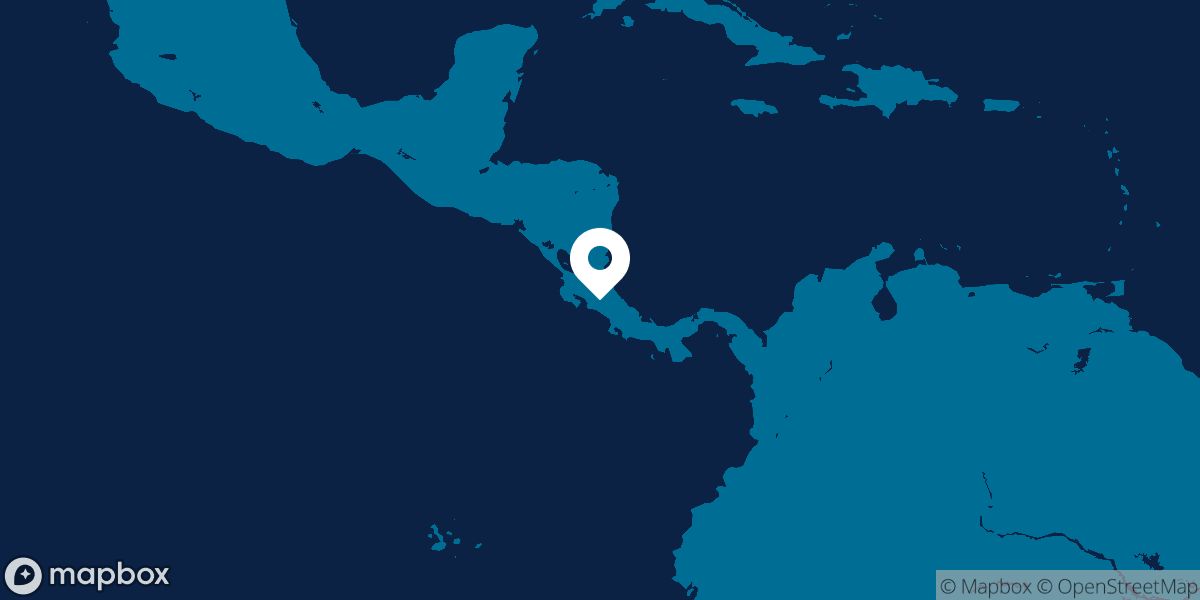Key Information:
Ministry in charge:
- Ministry of Public Works and Transportation through the Maritime and Port Division as the Maritime Authority of Costa Rica is playing the role of National Focal Point and National Task Force Coordinator of the GloLitter Partnerships Project.
Coordination team:
- Ministry of Foreign Affairs
- Ministry of Health
- Ministry of Agriculture and Livestock
- Ministry of Environment and Energy represented by the Environmental Quality Management Department
- Ministry of Public Security represented by the National Coast Guard Service
- Ministry of National Planning and Economic Policy
- Costa Rican Institute of Fisheries and Aquaculture
Agencies involved:
- JAPDEVA
- INCOP
About:
Due to its vast biodiversity of flora, fauna, exuberant vegetation, variety of forests, beaches, volcanoes, and national parks located inside protected areas by the SINAC of the Ministry of Environment, the country is an ecological tourist magnet and thus, marine plastic litter is being a very sensitive.
Being recognized internationally for its conservation efforts, Costa Rica regulated waste management, the eliminated of single-use plastic and banned the use of stereophonic materials. As it does not have specific laws for the management and control of litter from the sea as well as regulating fishing management, the country has established and enforced the Code of Conduct for Responsible Fishing and the Voluntary Guidelines for Responsible Fishing issued by the FAO.
Ports in Costa Rica:
- Moin and Limon
- Caldera, Puntarenas, Punta Morales and Golfito
Fisheries:
- Pacific: Cuajiniquil, Playas del Coco, Puntarenas, Quepos and Golfito
- Caribbean: Limon
Sea-Based Marine Plastic Litter Regulations:
- Convention on the Prevention of Marine Pollution by Dumping of Wastes and Other Matter 1972
- National Policy of the Sea 2012-2028
- Port Environmental Policy according to the Institutional Environmental Policy of the MOPT.
- National Marine Waste Plan
